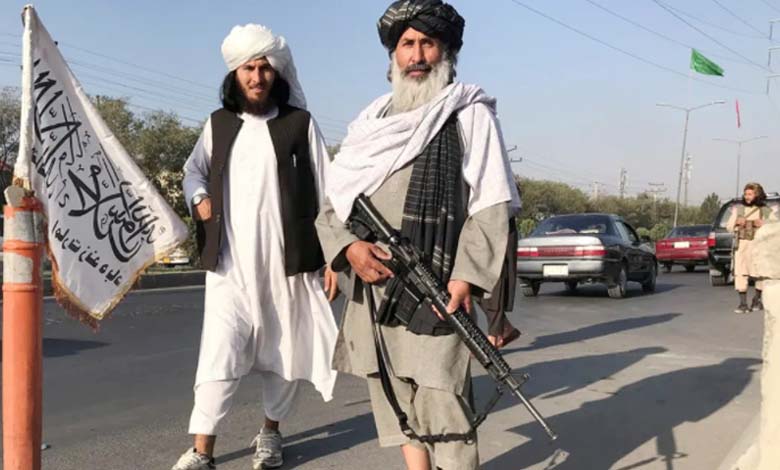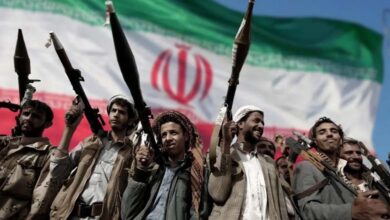Taliban paves the way for al-Qaeda’s return to the top ranks of extremist organizations

Backed by the stability and Taliban takeover of Afghanistan, Al-Qaeda once again appears to be positioning itself as the world’s preeminent terrorist group and the greatest long-term threat to the West. A new UN report revealed that al-Qaeda enjoys a degree of freedom under the Taliban, allowing its leadership to communicate more easily with affiliates and followers, and to export itself as a more attractive option than its rival, ISIS.
Stability of al-Qaeda
The UN report found that the international context facilitates al-Qaeda, which intends to again top terrorist organizations. The report added that “al-Qaeda’s propaganda has now become more sophisticated to compete with ISIS as the main actor in inspiring an environment of international terrorism, and may ultimately become a greater source of targeted threat.” It noted that ISIS has suffered a rapid succession and leadership losses since October 2019, with an unknown impact on its leadership. The report also concluded that al-Qaeda leader Ayman al-Zawahiri, who has long been rumored to be ill-health or dying, is “alive and communicating freely.” The report said, “Member States note that al-Zawahiri’s apparent comfort and ability to communicate with key allies in Afghanistan has increased and strengthened his leadership.”
The network added that intelligence shared by UN member states concluded that Al-Qaeda strengthened its leadership team in the seniority order, following Al-Zawahiri, “Saif Al-Adel,” who has long been seen as his likely successor, then “Yazid Mubarak,” the leader of Al-Qaeda in the Arabian Peninsula, and Ahmed Diri, the leader of the Somali Al-Shabab movement, which is affiliated with Al-Qaeda. At least one UN intelligence agency said that Al-Qaeda now appears to prefer its African affiliates to Al-Qaeda in the Arabian Peninsula, a potentially dramatic shift given AQAP’s history of planning attacks against the West.
Zawahiri danger
Intelligence findings also suggest that Al-Shabaab, in particular, may be gaining financial leverage. A UN member state has reported that the Somalia-based branch uses some of its annual revenues of $50 million to $100 million to directly support Al-Qaeda and its core leadership. Al-Shabaab has an annual budget of about $24 million for weapons and explosives, said Daveed Gartenstein-Ross, counterterrorism analyst and CEO of threat analysis company Valens Global. “It is quite clear that al-Zawahiri has been shamefully underestimated. Al-Qaeda today is much stronger than it was when al-Zawahiri took over,” other analysts said. The UN report calls into question the long-term effectiveness of US and Western counterterrorism strategies.
According to the US network, there are questions about when and whether al-Qaeda’s core leadership will push for renewed attacks against the West. “Attacking the United States is not the best solution to al-Qaida. Over the past decade or so, the priorities of the 9/11 attacks against the United States have been reduced for a variety of reasons, including the fact that al-Qaida has many opportunities within the region. Similarly, the UN report warns that while al-Qaeda may be in a better position, it will likely refrain from external attacks in order not to embarrass the Afghan Taliban, and that al-Qaeda’s core still lacks “external operational capability.”












